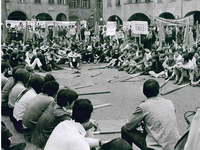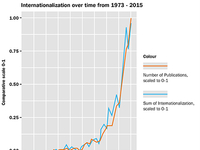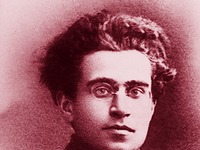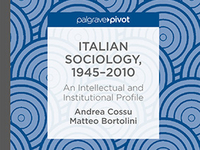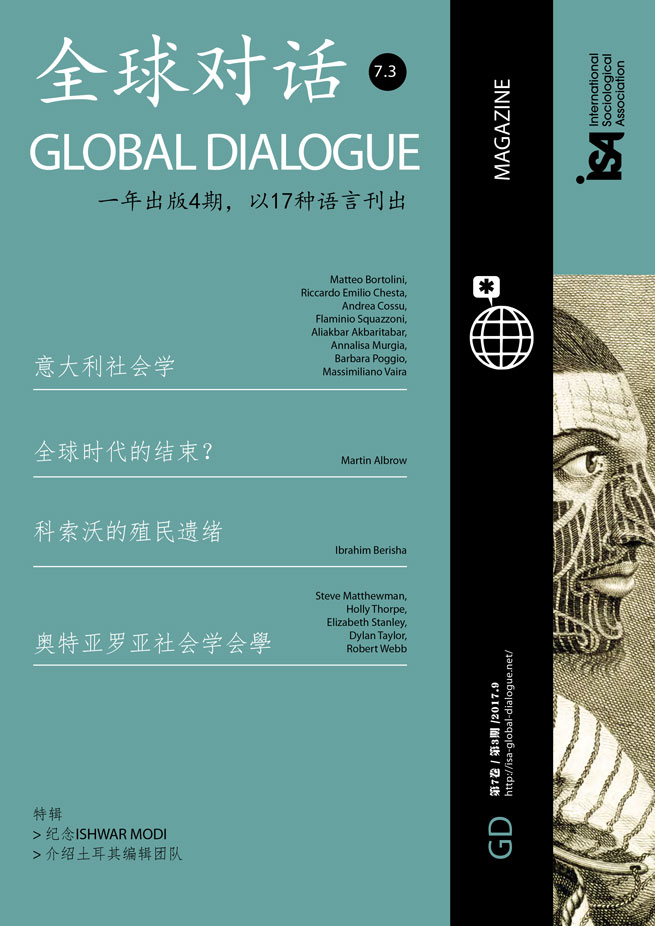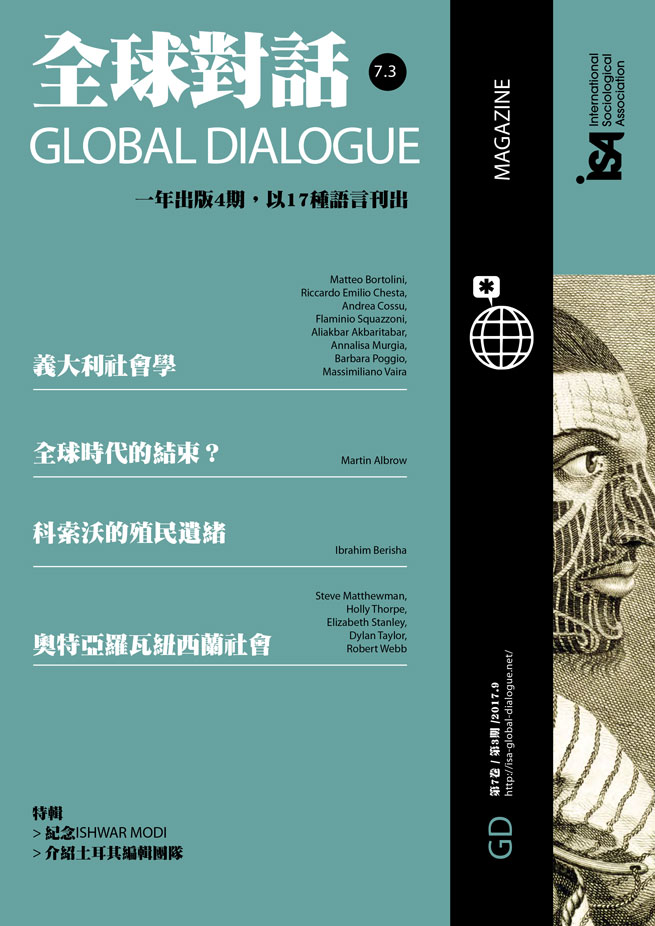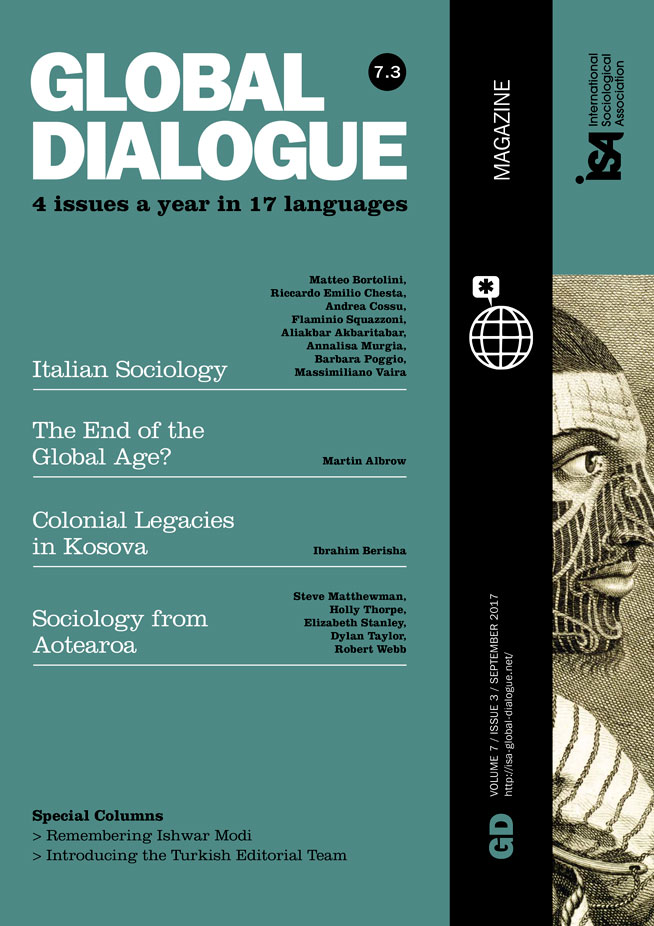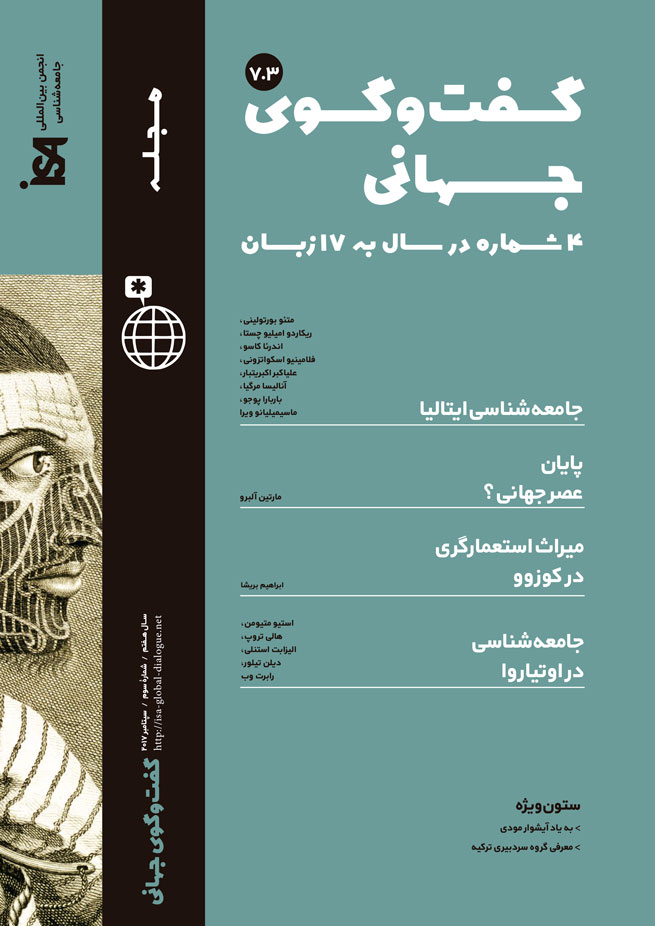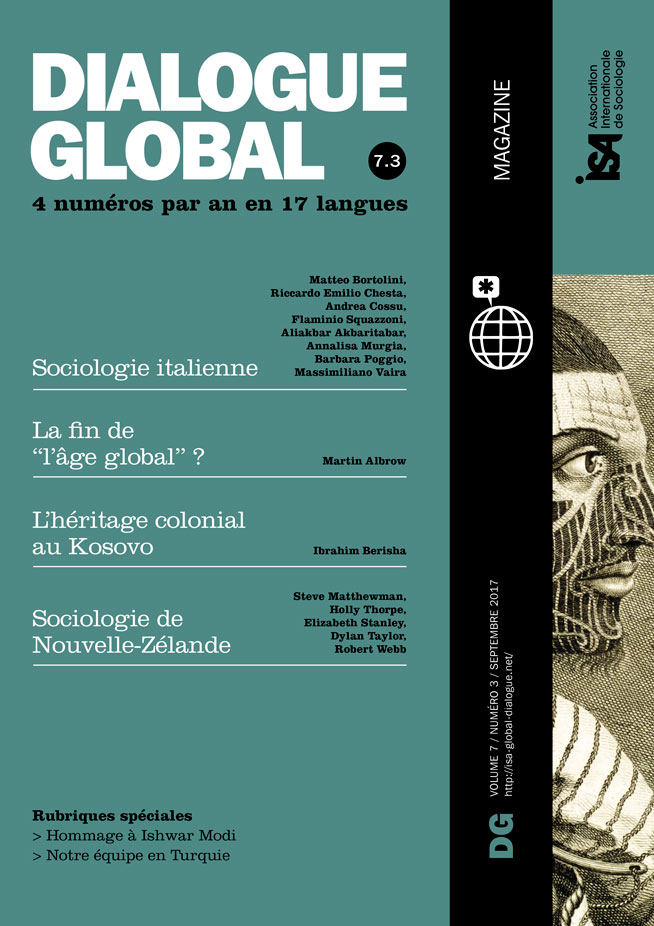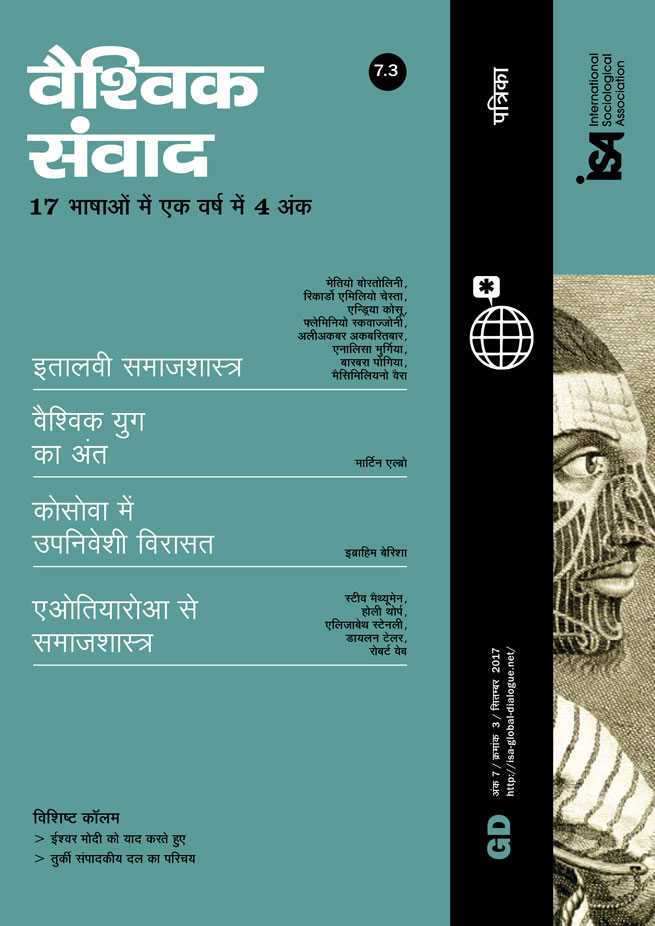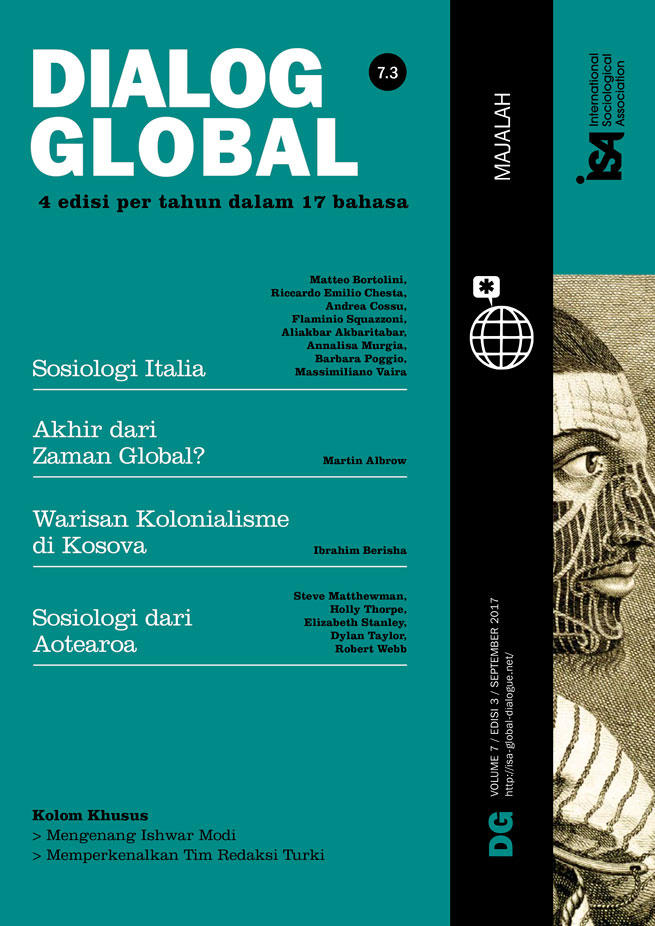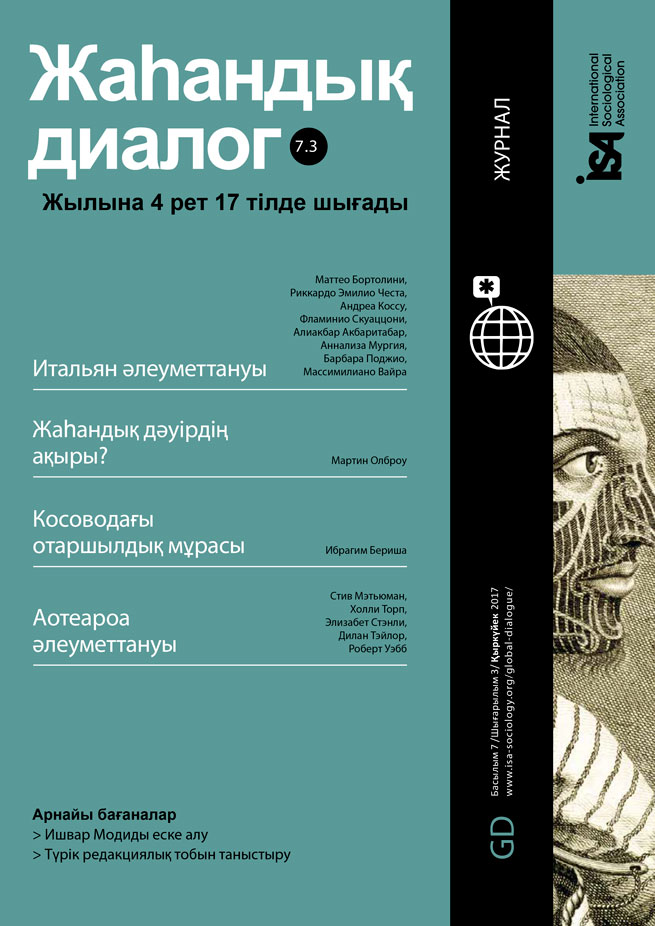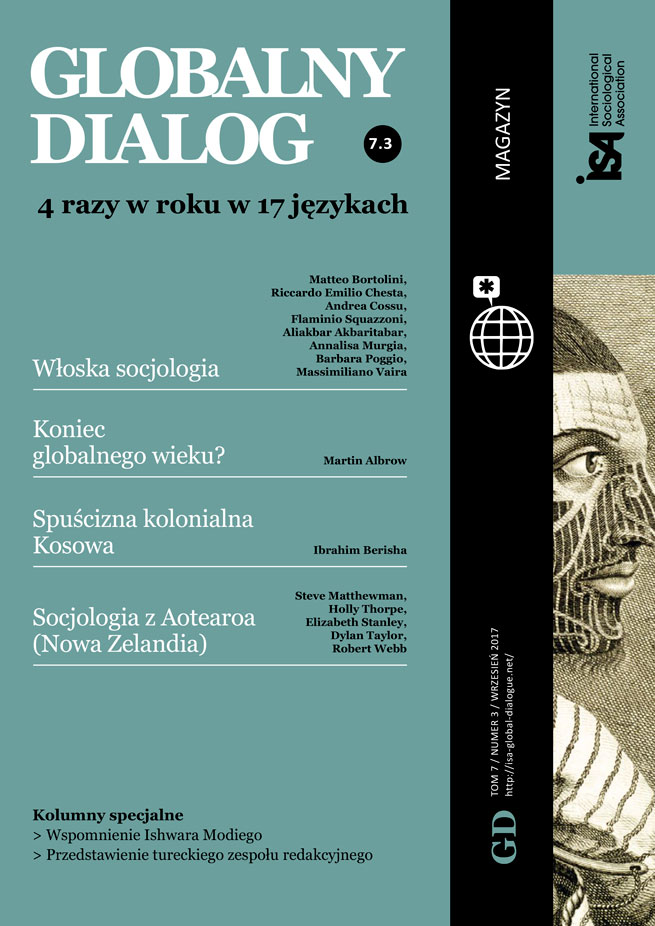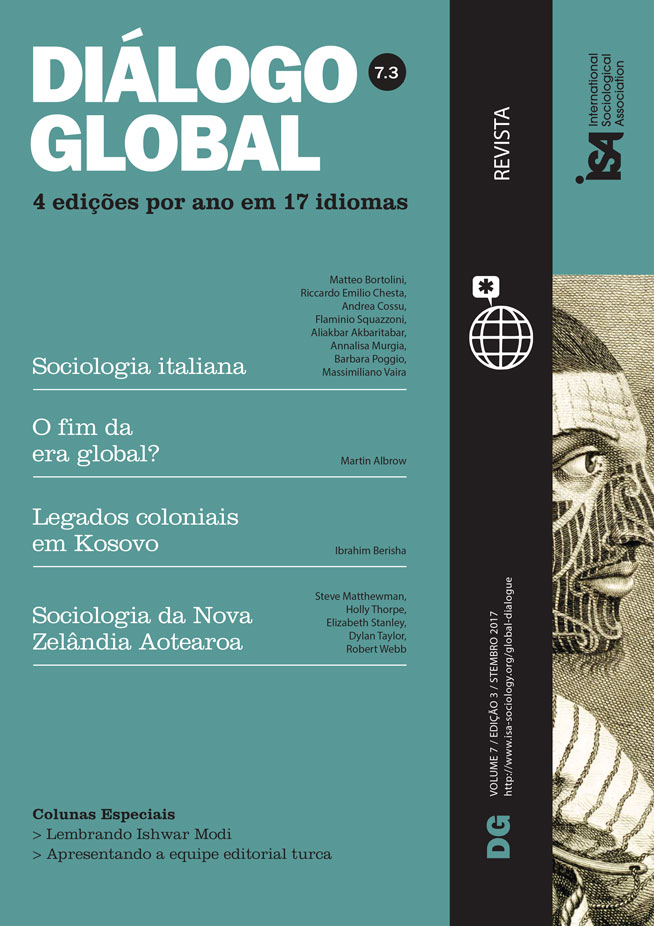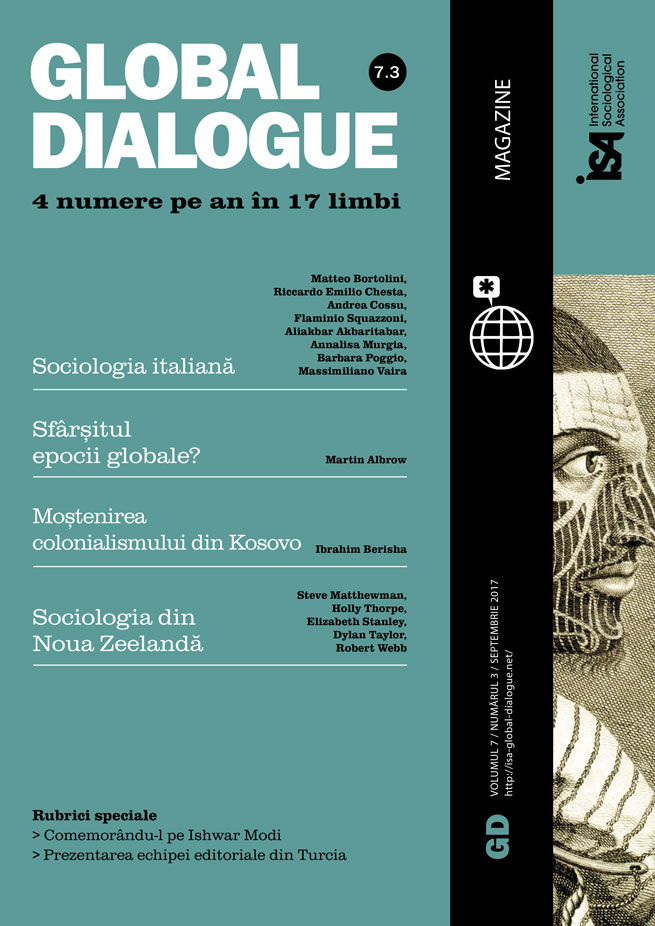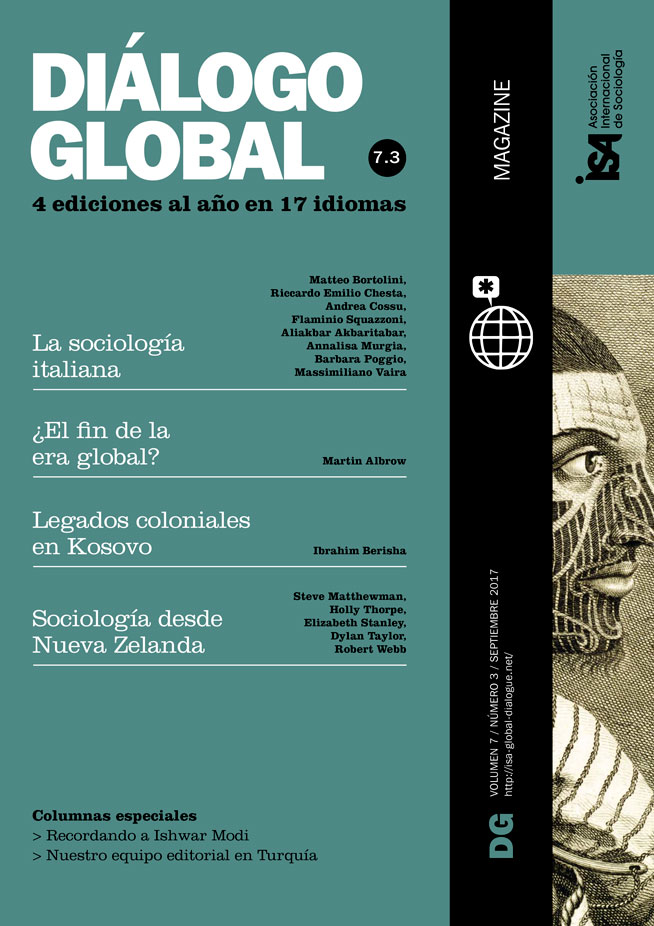For scientific disciplines, the path leading to intellectual acceptance and institutionalization is almost invariably difficult, involving not only debates about boundaries, but also the creation of a complex, and sometimes exclusive, infrastructure through which the discipline can establish itself and, hopefully, flourish. Post-World War Two Italy was no exception, particularly for the social sciences. Political science was often perceived as a “Fascist” discipline; statistics bore the stigma of its involvement in colonial efforts. Idealist philosophy ruled, with its frequent critiques of the social sciences – especially against the weakest of all, sociology.
Italian sociology thus took its first baby steps in an unfavorable environment, characterized not only by academic hostility and political attacks from the Italian Communist Party’s organic intellectuals, but also by Italian universities’ institutional constraints, which complicated efforts to create niches for emergent disciplines. A lethal mix of top-down, state-driven bureaucratization and local patrimonial dynamics meant that sociologists had to develop their discipline largely outside of universities. Sociologists helped, though sometimes they did so in a subordinate position, build an infrastructure of research centers, publishing houses, and schools for social workers – a configuration that had lasting impact even after the 1960s, when sociologists began to be accepted in academic ranks.
In Italy, reflections on the institutionalization of sociology have often revolved around the history of intellectual positions. As Matteo Bortolini and I have argued in Italian Sociology 1945-2010, however, one needs to dig deeper to understand why a cohort of young scholars – often marginalized within the established disciplines where they studied – became sociologists and, later, entered academia. The discovery of sociology by this cohort, in other words, has to be examined sociologically, with a focus on fields, relations, and processes, thus replacing the focus on agency and intentional strategies that has characterized most previous accounts of the discipline in Italy.
The decade between 1951 (when one of the most important journals, Quaderni di Sociologia, was founded by Franco Ferrarotti and by his advisor, philosopher Nicola Abbagnano) and 1961 (when the first three full chairs of sociology were established after a national competition) saw the building of the discipline’s infrastructure and the creation of what are still the country’s main hubs of sociology. Looking back, Diana Pinto divided this era into two roughly equivalent periods: if 1950-1956 was marked by the discovery of sociology, in the latter part of the period, sociology acquired “cultural centrality.” But “polycentrism” might have been a better metaphor.
Although the university was a central institution in the Italian intellectual field, sociologists did not turn en masse to academe until the late 1960s – when Balbo and colleagues diagnosed sociology as a “sick science,” acknowledging the failure of a dream that sociologists could serve as field marshals for the country’s modernization, thereby leaving academic positions as sociologists’ only viable alternative. Before that shift, sociology’s infrastructure in Italy was largely extra-academic, featuring research centers like the Centro Nazionale di Prevenzione e Difesa Sociale in Milan, cultural associations like Il Mulino in Bologna, and political movements like Comunità, founded by the entrepreneur Adriano Olivetti, whose unusual entrepreneurial vision identified applied social science as a crucial instrument for empowering communities within and outside the factory. These research centers established lasting contacts with cultural foundations and international bodies (like the Ford Foundation and UNESCO), while prominent publishers – including Einaudi, Comunità (again, founded by Olivetti), and Il Mulino – were involved both in intellectual debates about how sociology differs from other disciplines (especially philosophy), and in diffusing empirical analysis and fieldwork. At the same time, a loose network of scholars in some university-based institutes (in Milan, Genoa, Turin, Florence, and Portici) pursued mostly applied research in Industrial Relations, Economic Sociology, Community Studies, and Electoral Geography.
By the end of the 1950s, Italian sociology was thus a Janus-faced discipline, torn between a focus on theory (with a strong functionalist inclination) as a means to achieve legitimacy, and efforts to conduct applied research. The results were mixed. “Theory” often meant a reproduction of dogmatic and partial readings of Parsons, Merton, and Lazarsfeld; fieldwork often involved standard surveys and basic ethnography, with little room for innovative research.
Despite this narrow focus, however, sociology became a “normal science,” something that was much needed. The first generation of sociologists (including Ferrarotti, Alessandro Pizzorno, Sabino Acquaviva, Eugenio Pennati, Achille Ardigò, Luciano Cavalli, Giorgio Braga, Filippo Barbano, whose status as “libero docente” allowed them to teach courses in universities) used their expertise and credentials to establish disciplinary hubs in major universities. From that position, they trained a new, more specialized generation, whose members filled the ranks of the discipline in the context of Italy’s transition to a mass university system in which Social Sciences became more central.
Thus, during the 1960s, the discipline’s landscape changed dramatically. Gone was the dream that sociologists would serve as advisors to the prince for Italy’s modernization; instead, sociology found a more stable status within and outside the academia, which now became the major site for sociological training and reproduction. The first degree-granting institution was founded in Trento, in 1962; after this fateful choice, other Faculties of Sociology were established, along with majors in sociology in Faculties of Political Science.
Thus, some twenty years after the timid attempts to legitimize sociology in Italy, the academicization of sociology began in full force. For a long period, sociology had been a discipline whose field and habits was shaped more by the routine demands of research than by the intellectual prestige associated with acceptance by academe. Not surprisingly, this long exile from university rooms had huge consequences, shaping not only sociologists’ attitude, but also the type of research that was favored, as well as the theoretical orientation of even major figures. It was only from the late 1960s (and even more forcefully during the 1970s) that Italian sociology took decisive steps towards theoretical, empirical, and methodological sophistication.
Andrea Cossu, University of Trento, Italy <andrea.cossu@unitn.it>
